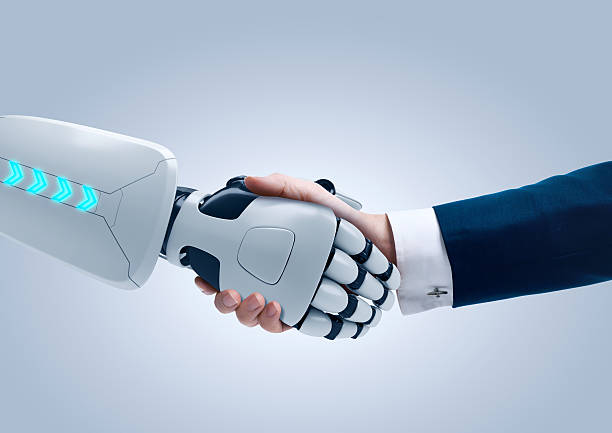On 25 October, Saudi Arabia granted Saudi citizenship to a humanoid robot, Sophia, created by the Hanson Robotics Company. This is a world first, unveiled during the Future Investment Initiative conference in Riyadh: “I am truly honoured and proud of this unique distinction. I want to live and work with humans, (…) I will do my best to make the world a better place”, announced the robot which “can reproduce dozens of extremely realistic facial expressions”. The android “has cameras instead of eyes with an algorithm equipped to recognise human faces and establish visual contact”. It is “capable of detecting human language, answering questions and memorising interactions and faces that it sees”.
In Europe, the Delvaux report, adopted in February 2017, is encouraging “the introduction of legal status for autonomous robots” as a solution given the unpredictability of autonomous robots and the non-liability of manufacturers in this respect. Robots are considered “active participants” and no longer as tools. For Nathalie Nevejans, Private Law Lecturer and Legal and Ethical Expert in Robotics at Douai University, “this provision is inadequate”. “Legal status has already been given to ‘things’ without a conscience or feelings such as companies”, but “human beings are then in the driving seat”. However, “when we refer to the actions of an autonomous robot, which could become ‘unpredictable’, there is no real human intervention”. The confusion between humans and the humanoid appearance of autonomous robots does not justify this kind of measure. Nathalie Nevejans, who was interviewed on this subject at the European Parliament at the end of September, believes that the “Machine” European Directive is sufficient to resolve the problems associated with autonomous robots: “If a robot becomes unpredictable, this can be attributed to a total breakdown in its initial programming, and this would therefore be a programming and design fault”, which, in turn, can be attributed to the manufacturer who “ought not to make a dangerous machine commercially available”. The ultimate danger of the Delvaux report is to lead us to consider humans as machines. Wouldn’t the granting of legal status to robots be tantamount to “preparing society for the fantasy whereby the inanimate replaces the animate?”
Institut européen de bioéthique (25/10/2017); Sputnik (26/10/2017); Mediapart (27/10/2017)
Photo : Freeimages

